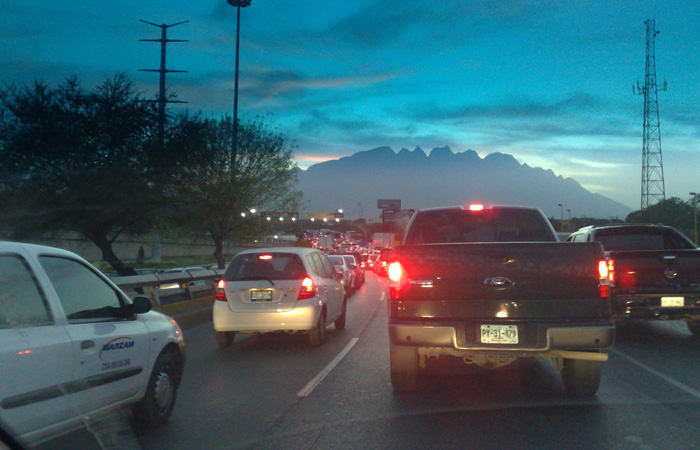Rethinking Lifestyle
We Are Living Extravagantly

When it comes to energy use, we live extravagantly, or perhaps more accurately, we squander energy.
Suppose our destination is one kilometre away. We could walk there and expend 60 calories. Most likely these are surplus calories, calories that would be burnt whether we took that walk or not. Free calories. Alternatively we could use our 2000 lb. car to take us that kilometre. In this case we expend about 700 calories. These are fossil calories stored in the depths of the earth. Once gone, they’re gone.
Suppose we have a free evening or free Sunday afternoon. We feel house bound and feel the need to get out. We could go for a walk, or a bike ride. Both would not expend energy in any meaningful way and would contribute to our health. Instead we take the car and go for a ride.
Suppose I live in Steinbach, but have a job in Winnipeg. I commute daily, say 130 km. I say this is reasonable, and I can afford it. But the energy cost is 71 kWh per journey; 14,000 kWh per year, (if I’m driving a new Prius). I could cut the energy cost of the commute to 25% by carpooling with three others, but that’s inconvenient, so I don’t do it.
We all need a holiday from time to time. We could take a “Staycation” in our home, switch our telephone off, relax, and expend no energy. We could check into a holiday resort in Manitoba, say 100 km away and expend about 40 kWh driving there and back. But many of us fly to Mexico for our vacation. In this case the energy consumed is more like 3,000 kWh.
I could go on, but you get the point. My examples have all been transportation examples, but we could similarly give thought to how we keep warm and how we keep cool. I have avoided that because the figures are more difficult to quantify.
The point is we continually make choices based on what we can afford. We don’t consider how much energy we are expending. We do give thought, however, as to the cost of the different options. In the case of taking the car down the street, or going for an evening ride, the cost is insignificant, so we don’t hesitate to take the car. In the case of a holiday or a daily commute, the cost is significant, so we do consider our options in terms of cost. We don’t consider our options in terms of energy expended.
This is why the price of energy is important. If the price of energy were higher, we would implicitly, even if not explicitly, give real thought as to how much energy we are expending with a particular activity.
There was a time when most transportation energy was human energy, but horses significantly increased human efficiency. Nevertheless in order to have horse energy available, someone had to care for the horses, ensuring that they were healthy and well fed. Horse energy increased human productivity, but it had a cost that was born by other humans, so the true cost of horse energy was what was the market price of that horse energy. Today, with our access to oil, the true cost is not the market cost because the market cost of oil does not place any value on the impoverishment of the planet and the impoverishment of future generations.
Most of the energy we expend is oil energy. The price we pay for this oil is the cost of extracting it and the cost of delivering it to the local gas station. Nothing is paid to the planet for removing it. Of course the planet does not care. It does not have a bank account. It does not need the oil, but people need it. All the people of the earth. Can we agree on that?
If we agree on that, surely it seems reasonable that we should pay to “the people” for the oil we are extracting. Were we to do this, the price of energy would be high enough that we would think twice before we engage in an activity that squanders energy. Next week I will think more about how we pay “the people”.




